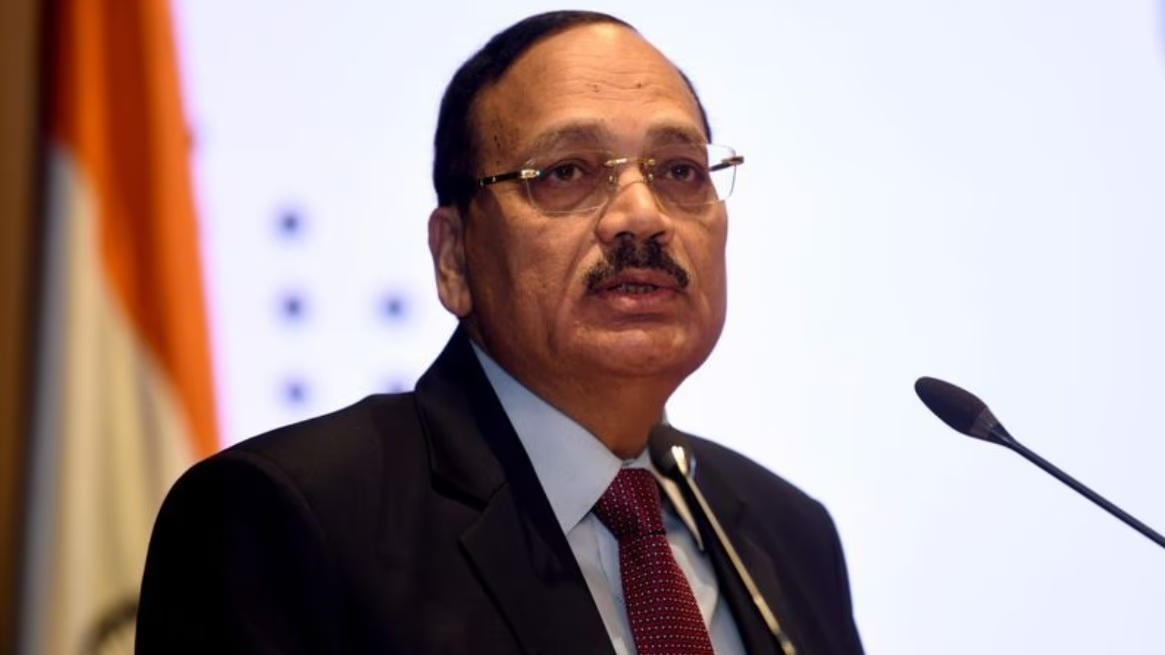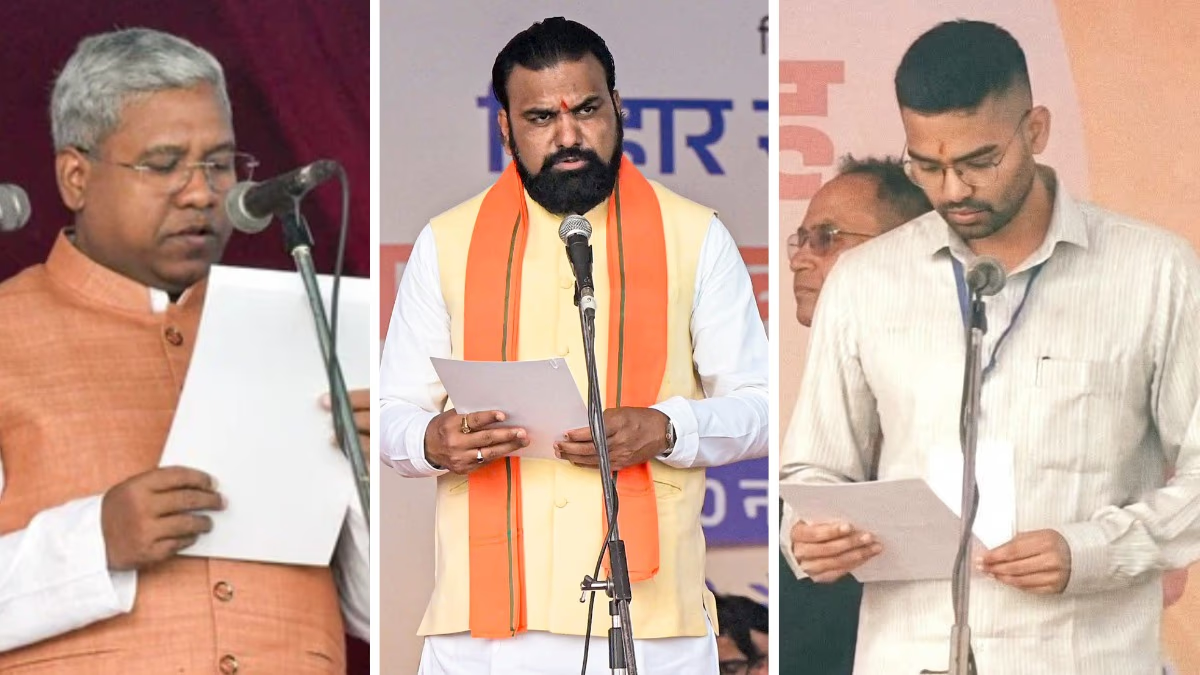The current Chief Justice of the Supreme Court, Justice Bhushan R. Gavai, has proposed Justice Surya Kant for the next CJI. This nomination was sent a day earlier (on October 27). Recommending his name, CJI Gavai acclaimed Justice Surya Kant as fully competent to take the helm of the Supreme Court.
The process for appointing the Chief Justice has commenced. Following tradition, the current Chief Justice suggests a successor's name when prompted by the Ministry of Law and Justice. Hence, it's almost certain that Justice Surya Kant will become the next Chief Justice of India, the 53rd in sequence.
CJI Gavai deemed him capable and proficient
Justice Surya Kant will be the first individual from Haryana to ascend to the position of the Chief Justice of India. His upcoming tenure presents numerous significant cases before his bench, including the Waqf Bill.
Roots in a small village of Hisar
Born in the quaint village of Petwad in Haryana's Hisar district, Justice Surya Kant completed his elementary education in a local school that lacked basic furniture. His father was a teacher. He aided his family in the fields when he wasn't busy with schoolwork. He graduated in law from Maharshi Dayanand University, Rohtak, in 1984, and began practicing in Hisar.
In 1985, he moved to practice in the Punjab & Haryana High Court, specializing in constitutional, service, and civil matters. His diligence and acumen soon made him a renowned lawyer, advocating for the state government and esteemed institutions like universities and banks.
The youngest Advocate General
At just 38, in 2000, he became Haryana's youngest Advocate General. Following this remarkable achievement, he earned senior Advocate status. Holding this position from 2000 to 2004, he represented the state government in numerous critical cases.
Justice Gavai will complete his term on November 23, and Justice Surya Kant will take office the following day, November 24, and will serve until February 9, 2027. His tenure as CJI will span approximately 14 months, considering Supreme Court judges retire at 65.
Judicial Career and Journey to the Supreme Court
On January 9, 2004, he was appointed a judge of the Punjab and Haryana High Court, serving for over 14 years and participating in numerous landmark rulings. In October 2018, he was elevated to Chief Justice of the Himachal Pradesh High Court.
Subsequently, in May 2019, he was promoted to the Supreme Court. As part of various constitution benches, Justice Surya Kant has rendered historic judgments, including the 2023 decision upholding the abolishment of Article 370. He has delivered rulings in over 1,000 cases, addressing themes such as the constitution, human rights, and administrative law.
Significant Responsibilities and Contributions
Justice Surya Kant chairs the Supreme Court Legal Services Committee (since November 2024). As a chancellor of the National Law University, Ranchi, he also served twice as a member of the National Legal Services Authority (NALSA). Moreover, he is associated with several national and international legal organizations.
Haryana's first Chief Justice
With Justice Surya Kant's accession to CJI, this will mark a historic moment for Haryana, as it will be the first time someone from the region has risen to this prestigious judicial position. His appointment will uphold the Supreme Court's tradition of seniority-based elevation.
Justice Surya Kant's Key Rulings
Justice Surya Kant has significantly contributed to several key and historic judgments.
1. Article 370 Case (2023):
Justice Surya Kant was part of the bench that upheld the decision to abrogate Article 370 in Jammu and Kashmir.
2. Dera Sacha Sauda Violence Case (2017):
He was part of the Punjab and Haryana High Court bench that ordered the clearance of the Dera post the Gurmeet Ram Rahim violence incident.
3. Reservation for Women:
Justice Surya Kant directed reserving one-third of the seats in all bar associations, including the Supreme Court Bar Association, for women.
5. Aligarh Muslim University (AMU) Case:
He was among the seven judges who overturned a 1967 decision, allowing AMU to reconsider its minority status.
6. Pegasus Surveillance Case:
In this case, he constituted a committee of cyber experts to investigate the alleged surveillance using Pegasus spyware, emphasizing the limits of government authority under national security.
7. Bihar Voter List Case (SIR Case):
Justice Surya Kant mandated the public disclosure of the names removed from the draft voter list to ensure transparency in the electoral process.




